From The Big Short to Normal People: the books that defined the decade
It began with the fallout from the global financial meltdown and ended with two women sharing the Booker. Which titles shaped the last 10 years?
2010
The Big Short by Michael Lewis
We entered a new decade in largely gloomy fashion, still suffering from the ramifications of the global financial crisis two years before. No surprise then that Michael Lewis’s The Big Short, which explained how America’s subprime mortgage crisis made a few people very rich and everyone else a lot poorer, struck a chord. Lewis is a literary whistleblower: a former Salomon Brothers employee who dished the dirt on his brash colleagues in 1989’s Liar’s Poker and then went on to make a career as an explainer of complex economics and organisations to mass audiences who couldn’t believe people got away with this stuff.
Were we feeling trapped, and in need of information and expertise to liberate ourselves? Other notable non-fiction of the year suggests so: Siddhartha Mukherjee’s “biography of cancer”, The Emperor of All Maladies; Sheryl WuDunn and Nicholas Kristof’s Half the Sky, a rallying cry against the global oppression of women. And in fiction, too, writers were grappling with constraints: those of marriage and convention in Jonathan Franzen’s Freedom; of literal incarceration in Emma Donoghue’s enormously successful Room, the story of the imprisonment and release of a boy and his mother; and of form itself in Jennifer Egan’s dizzying A Visit from the Goon Squad. Its final two chapters, one of which takes the shape of a PowerPoint presentation, are set in a time about 15 years from the book’s present day; in other words, not too far from now, which makes it ripe for rereading.
2011
Sapiens: A Brief History of Humankind by Yuval Noah Harari
Further on in the decade, a certain cadre of people questioned our need for and tolerance of experts; but at its beginning, one expert trusted the general population to absorb and make sense of the complicated story of their own origins and social systems. An unpretentious distillation of human history that mixed anthropology, sociology, politics and geography, Yuval Noah Harari’s doorstopper, Sapiens, found favour with readers keen for a digestible long view. First published in Hebrew this year and in Engish in 2014, it explained human cooperation and conflict, industry, farming, science, among much else, just at the moment that the sum of the world’s knowledge seemed too impossibly various and atomised to take in. Naturally, the book got up the noses of parts of the academic community, who criticised its reliance on synthesis over original research – the very thing readers loved about it.
Meanwhile, the Norwegian writer Karl Ove Knausgård was rejecting the easily digestible (and, critics might say, the unpretentious). Readers in English would have to wait awhile, but his six-volume My Struggle was finally complete. By the end of the decade, this style of writing – generally called autofiction, and not invented by Knausgård or any of his contemporaries but undeniably expanded by them – would be a hot topic, blurring the line between the writer as creator and the writer as constructed character, the voice we are never sure whether to trust.
2012
Gone Girl by Gillian Flynn
Fiction has never been short of psychopaths, and Gillian Flynn was certainly not the first writer to conceive of one who invents a crime in order to throw suspicion on an enemy. But there was something about her protagonists – a glossy New York couple who hit the financial buffers and relocate to the midwest – that smacked up against the anxiety zeitgeist by revealing the hatred and neurosis behind an apparently enviable marriage. And why have one unreliable narrator when you can have two? Gone Girl’s dual perspective thrilled readers just as it did director David Fincher, who filmed it before he disappeared into the TV world of House of Cards (New Yorker writer Joshua Rothman suggested that the film “travels all the way down to the id” just as Fincher’s Fight Club had done).
After Gone Girl, it was boom time for fractured narratives with fractured women at their centre, as publishers sought to ride the wave of psychological thrillers described as “grip lit”. But in the same year, we were also knocked sideways by sex: oodles of it, courtesy of a former TV studio manager turned ringmistress of sadomasochism. EL James, having devoured Stephenie Meyer’s Twilight vampire series, tried her hand at fan fiction and, before she knew it, had written Fifty Shades of Grey, making her one of Time magazine’s 100 most influential people in the world.
In one of those retrospective peculiarities that will delight PhD students of tomorrow, the year in which vengeful wives and submissive girlfriends laughed all the way to the bank also witnessed Hilary Mantel dispatching Anne Boleyn to her fate in Bring Up the Bodies, adding another Booker to Wolf Hall’s and thereby making Mantel the first female writer to win twice; next year’s The Mirror and the Light will complete the trilogy – and may even bring her the hat-trick. And the pseudonymous Elena Ferrante arrived in English translation to weave her spell of Neapolitan girlhood and the depths of female friendship in My Brilliant Friend, sparking an interest in translated fiction and setting off a wave of Ferrante fever. Ferrante too returns next year with a new book, intriguingly entitled The Lying Life of Adults.
2013
A Girl Is a Half-formed Thing by Eimear McBride
“Eimear McBride,” wrote Anne Enright in this newspaper, “is that old-fashioned thing, a genius, in that she writes truth-spilling, uncompromising and brilliant prose that can be, on occasion, quite hard to read.” It was the “quite hard to read” part that ensured it took almost a decade after finishing her story of a pain-scorched childhood and adolescence for McBride to find a publisher willing to take it on. But the power of Girl’s stream-of-consciousness narrative overcame the difficulty, and A Girl Is a Half-formed Thing won both the Goldsmiths prize, which rewards experimentalism, and the Baileys women’s prize for fiction, which ranges more widely between styles and genres.
McBride exemplifies the breadth and depth of a group of Irish writers that includes Kevin Barry, Sara Baume, Paul Murray and Lisa McInerney; they have emerged in the last decade, each of them playing with form, and reflecting both Irish literary heritage and contemporary concerns.
Also published this year were Richard Flanagan’s Man Booker-winning The Narrow Road to the Deep North, the Australian writer’s account of life as a Japanese prisoner of war that drew on his father’s experiences; Donna Tartt’s vast, madcap art heist story, The Goldfinch; and, for those who like a bit of corporate-focused self-empowerment, Sheryl Sandberg’s Lean In.
2014
This Changes Everything by Naomi Klein
Has everything changed? In fact, has anything changed? In terms of our grasping of the scale of climate crisis, maybe; five years ago, it might not have been possible to imagine a schoolgirl sailing across the Atlantic to address the United Nations and publishing her own book, Greta Thunberg’s No One Is Too Small to Make a Difference. In terms of the action taken to address the issues, the jury hasn’t yet heard closing arguments, let alone filed out.
But This Changes Everything set out Naomi Klein’s thinking in the years since Shock Doctrine, her attack on neoliberalism; in particular it focused on the impossibility of confronting ecological catastrophe without assessing the need to dismantle the economic systems that make it seemingly inevitable, a condition of argument that now seems strikingly obvious.
Another call to action came in the form of Chimamanda Ngozi Adichie’s We Should All Be Feminists, in which the Nigerian-born novelist expanded on a wildly popular speech to consider the need for an inclusive and intersectional feminism.
2015
The Argonauts by Maggie Nelson
This was not Maggie Nelson’s first book – she had also written about the murder of her aunt, a meditation on the colour blue and several volumes of poetry – but it was the first to introduce her to a wider audience in the UK. Why did a book that played so fast and loose with the concept of memoir inspire such intense admiration? It was, perhaps, a question of exposure and openness: Nelson’s voyage into the heart of her relationship with the artist Harry Dodge, who is transgender, her interrogation of the arrival of sudden, unexpected romantic and maternal love into her life, and the realities of living freely amid the constrictions of governments, society and art.
It is a book that travels through the mind, but refuses to divorce itself from the painful demands of the body – and it stood as a prime example of a new wave of writing, much of it coming from American writers including Eileen Myles and Chris Kraus, that incorporated the personal and political struggles of previous eras into a startlingly modern and often queer register.
The biggest literary story of the year was the publication of Harper Lee’s Go Set a Watchman, a first draft of To Kill a Mockingbird that had been submitted to a publisher in the 1950s and returned to Lee with instructions for how to make it better. Watchman introduced us to a grown-up Scout, returning to visit her father Atticus and being appalled to discover his attitudes towards race; publication, therefore, had the effect of challenging warm feelings towards the character the world essentially knows as Gregory Peck. The circumstances of its appearance – the year before Lee’s death, with conflicting stories over her ability to grant consent to its publication – only deepened the confusion.
It was an odd symmetry that 2015’s Booker was won by Paul Beatty, the first ever American victor, with The Sellout, a trenchant satire on racial segregation and identity in contemporary America.
2016
Autumn by Ali Smith
A character named Elisabeth Demand has her passport application rejected on the grounds that her head, as it appears in her photograph, is too large. She is sent back into the labyrinth of obscure processes, with no reason to believe she will emerge successful. Three years later, and those applications and rejections have taken on an increased charge for us, Smith’s readers; not merely a tedious administrative task, but a question of who is ruled in and out of membership of the country, and how the state defines what constitutes “settled”.
Ali Smith, who with Autumn launched her “seasonal” quartet of novels to be written each year against the clock, knew this: the book is shot through with references to division, to the disappearance of empathy between people, to surveillance and control. It was, as it turns out, a terrifying taste of things to come.
Elsewhere in the year’s fiction, history was the order of the day: in Colson Whitehead’s magisterial blending of fact and fantasy The Underground Railroad, a narrative of enslavement and escape; in Sebastian Barry’s Days Without End, which pictured Irishmen abroad and at war in 19th-century America; Francis Spufford’s bravura piece of New York picaresque, Golden Hill; and Sarah Perry’s The Essex Serpent, which conjured a gothic resurgence in a Victorian coastal town.
2017
Why I’m No Longer Talking to White People About Race by Reni Eddo-Lodge
“We tell ourselves that good people can’t be racist. We seem to think that true racism only exists in the hearts of evil people. We tell ourselves that racism is about moral values, when instead it is about the survival strategy of systemic power.” Writing in this paper, Reni Eddo-Lodge explained how the response to a blogpost she had written three years earlier had led her to expand her analysis of structural racism, its operation and its effects, into a full-length book that went on to win the Jhalak prize and a British book award for non-fiction. The book claimed space for the increasingly pressing conversations writers of colour wanted to start; and argued that the centring of white voices and concerns – not least in the publishing industry that decided what would and wouldn’t appear on shelves – had to end. Nikesh Shukla’s anthology The Good Immigrant had appeared the year before, as had David Olusoga’s Black and British; Afua Hirsch’s Brit(ish) would follow in 2018. With these books, there began to be a sense that accounts of lived experience and marginalised histories could blend or sit alongside each other, articulate both the past and the present, and bridge a gap between writing and activism. And that people would buy them, in their droves.
Elsewhere, there was a sort-of surprise at the Man Booker; not that Lincoln in the Bardo, George Saunders’s critically acclaimed novel, should be thought worthy of winning, but that a writer should conceive of creating a multi-vocal narrative about Abraham Lincoln’s dead son set in purgatory. One of the most surprising literary successes of the decade, it strengthened the reputation of the ever inventive Saunders even more.
2018
Normal People by Sally Rooney
On 26 May 2018, the Republic of Ireland woke to the news that the previous day’s referendum had resulted in an overwhelming mandate to repeal the constitution’s 8th Amendment; in other words, to give women the right to terminate pregnancy. The campaign had been intergenerational and countrywide; but while the response was jubilant, there was also a sense of relief and the emergence from trauma. For Sally Rooney, whose second novel seemed at one point during that summer to be all anyone was reading, the issue was hard to talk about. “All that suffering was so pointless,” she told me in an interview at the time. “Why did we do that? Why did we do any of that? Thirty years. All this anger and sadness, and all the horrible things that have happened to people ... ” Rooney’s cool appraisals of Irish life – the giving way of a pastoral, church-led society to a more layered and divergent world – underpin fiction that appears to concern itself with a narrower world of young Dubliners (Trinity College Dubliners at that). And her apprehension of the surging emotional currents between her characters – in Normal People’s case Marianne and Connell, who move to the capital from small-town Sligo – broadened her appeal.
Rooney, however, was not to win that year’s Man Booker – it went, instead, to Anna Burns, whose dystopian evocation of the Troubles, Milkman, written while the author battled ill health and subsisted on benefits, created a troubling and riveting picture of male coercion and female resistance during conflict.
2019
Girl, Woman, Other by Bernardine Evaristo
The first black woman to win the Booker prize, Bernardine Evaristo is also a writer who incorporates poetic and dramatic techniques into her novels, and who has persisted in that endeavour over the course of decades. Her work has been praised by critics and enjoyed by readers for a long time, but her high-profile victory – accompanied by controversy because the award was given to both her book and Margaret Atwood’s The Testaments – has brought Evaristo before a vastly increased audience and intensified discussion of representation in contemporary British literature, and of how artists are recognised and their work promoted.
Evaristo’s success, which brings to the fore not only her eight novels but her determination, in her words, to “put presence into absence” and make visible in fiction the lives of black women, arrived in a country riven by frenzied discord. The issue of who gets to tell their story in the midst of that division, how fiction can present our complex selves and fractured communities and who is allowed the agency of self-definition has risen again to the top of the cultural agenda.
When, a few weeks after the Booker prize, a BBC journalist said that it had been shared between Atwood and “another writer” – a hasty ad-lib, it was later explained – the sense of angry disappointment was palpable, perhaps because change, so often heralded, equally often seems to recede. But the past decade suggests that a tipping point has been reached in the opening up of the literary world to hitherto marginalised voices; the next decade will reveal whether that is indeed the case.
• To buy these titles go to guardianbookshop.com or call 0203 176 3837.

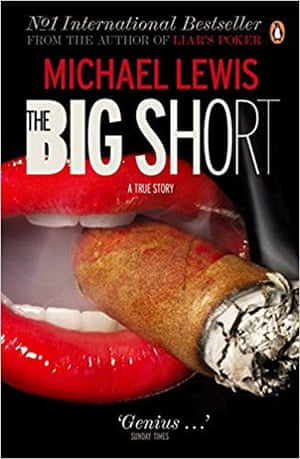
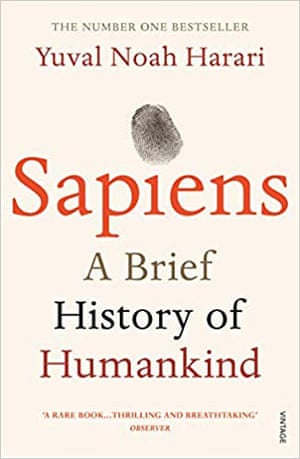
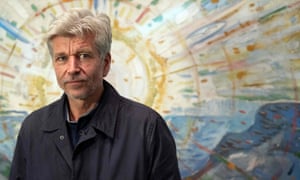
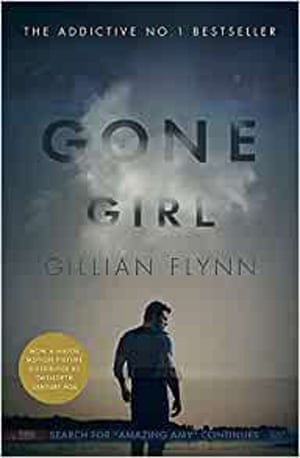
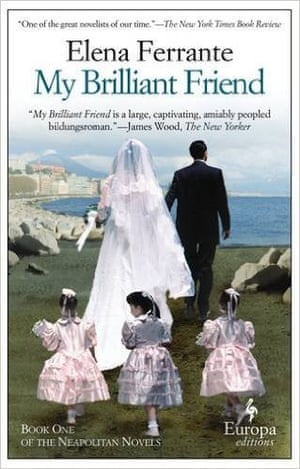
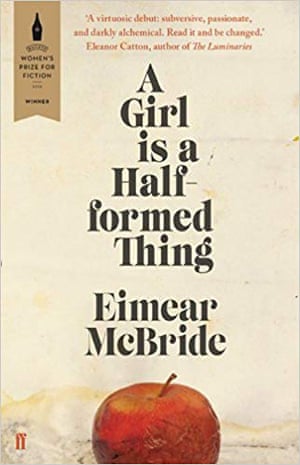

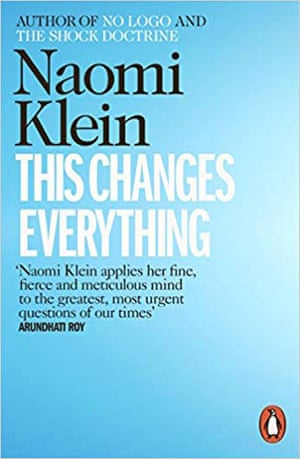
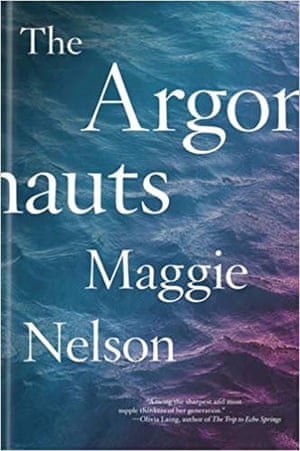
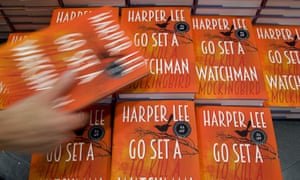
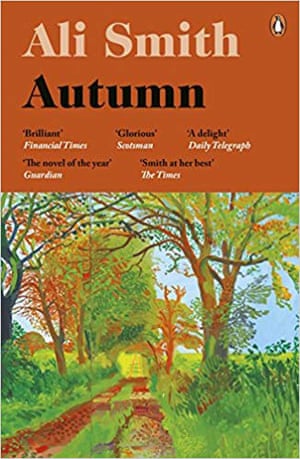
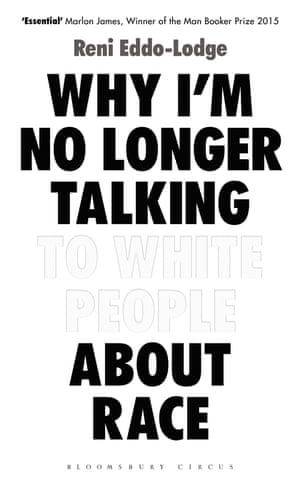

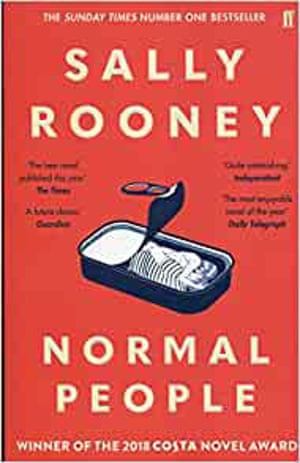
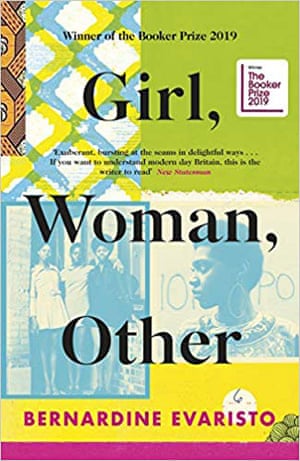
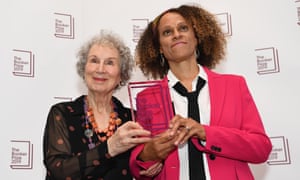
No hay comentarios:
Publicar un comentario